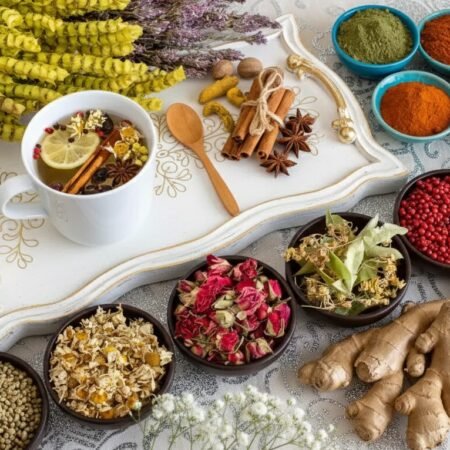
Browse Category
Tea Types
Explore the diverse world of tea from delicate whites to robust blacks, each with distinct processing methods and flavor profiles. Discover traditional varieties alongside herbal tisanes to find your perfect cup.
16 Articles


What Types of Tea Are Herbal: A Guide to Herbal Tea Varieties
September 17, 2025
14 Min Read

What Types of Tea Have No Caffeine: A Comprehensive Guide
September 17, 2025
10 Min Read

What Types of Tea Are Sweet: A Guide to Deliciously Sweet Tea Varieties
September 13, 2025
9 Min Read

What Types of Tea Have the Most Caffeine: Caffeine Content in Different Tea Varieties
September 11, 2025
6 Min Read

Types of Oolong Tea: A Comprehensive Guide to all Oolong Tea Varieties
March 16, 2025
42 Min Read

Types of Green Tea: A Comprehensive Guide to all Green Tea Varieties
March 16, 2025
43 Min Read
Featured Articles
Most Delightful Newsletter
Get Our Master Tea Brewing Cheatsheet








